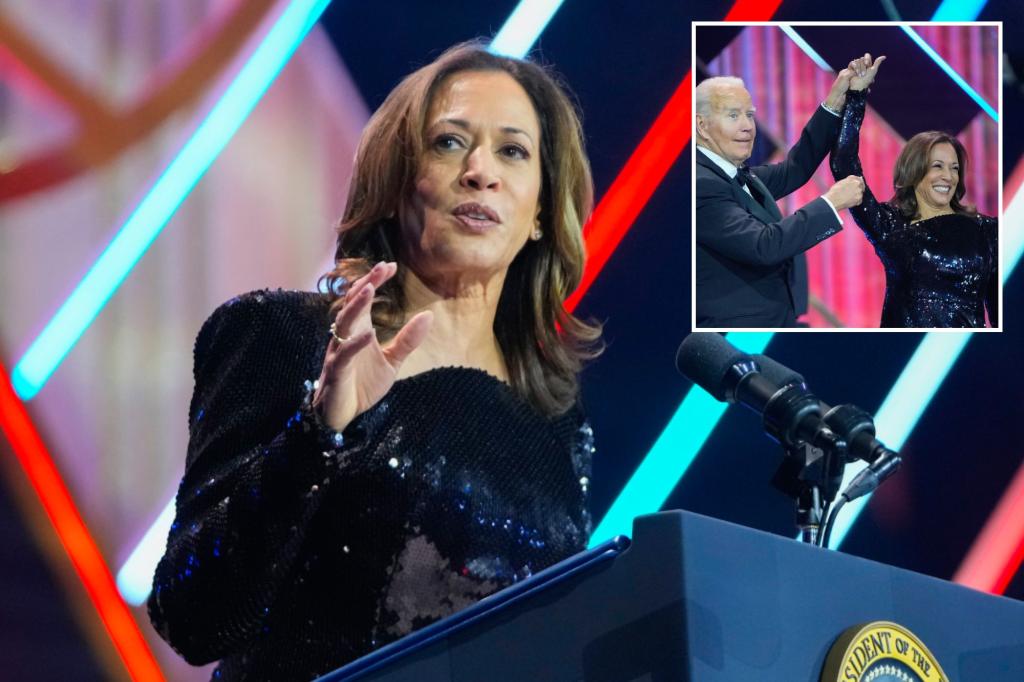Vice President Kamala Harris recently made headlines for seemingly switching accents during her speech at the Congressional Black Caucus Foundation’s Phoenix Awards dinner. Harris briefly altered her tone of voice, referencing historically black colleges and universities, before reverting back to her normal speaking manner. Critics accused Harris of pandering and insinuated that she changes her accent to cater to different audiences, especially those that are predominantly black.
Detractors have pointed out that Harris has used various accents in different instances, with some accusing her of using a “fake accent.” Conservative commentators and social media users have criticized Harris for what they perceive as inauthenticity and insincerity. Some have also compared Harris’ accent changes to previous instances where she appeared to speak with a Southern drawl or a French accent, questioning the authenticity of her communication style.
Despite the criticism of Harris’ accent changes, supporters have come to her defense, arguing that her ability to adapt her speech depending on the audience is a sign of her versatility and communication skills. Some have also highlighted the diversity of backgrounds Harris has lived in, such as Berkeley, California, and Montreal, Canada, as possible influences on her accent variations. However, the ongoing debate surrounding Harris’s accent shifts reflects broader discussions about authenticity and representation in politics.
The issue of Harris’ accent changes has sparked controversy and divided opinions among the public, with some viewing it as a genuine attempt to connect with different communities, while others see it as a calculated move to appeal to specific demographics. The scrutiny over Harris’ communication style highlights the high expectations placed on public figures to communicate authentically and effectively, especially when addressing diverse audiences. As Harris continues to navigate her role as Vice President, the scrutiny over her accent changes will likely persist and influence public perception of her leadership.
The backlash against Harris’ accent changes also sheds light on broader questions about identity and representation in politics. As a woman of color and the first female Vice President of the United States, Harris faces unique challenges in navigating public expectations and perceptions. The scrutiny over her communication style reflects deeper societal issues surrounding race, gender, and authenticity in political leadership. How Harris chooses to address and respond to these criticisms will shape her reputation and legacy in the years to come as she continues to serve in a prominent political role.













